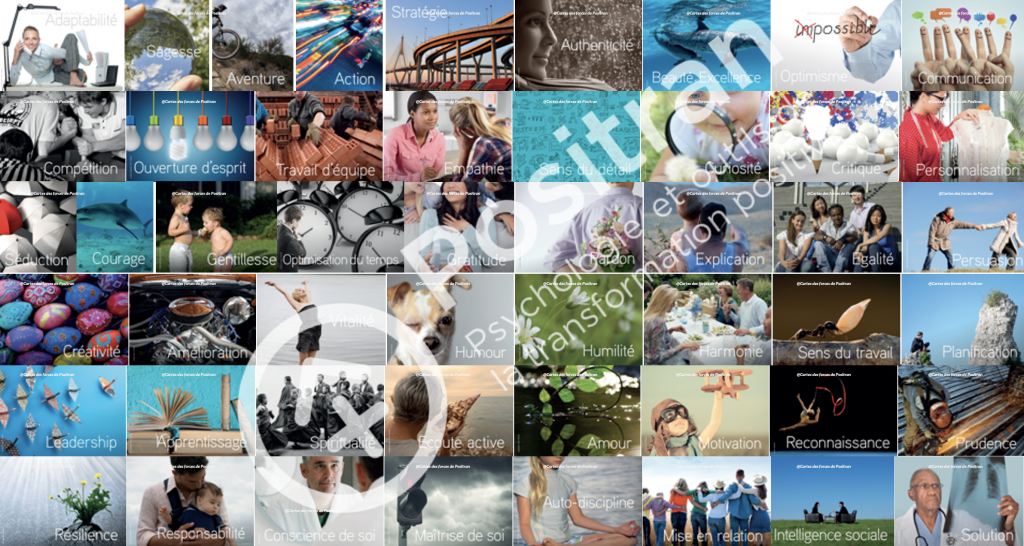Feeling and sharing gratitude is good for everyone!
Positive psychology research abounds on this topic, whether in one's personal or professional life. Gratitude, recognition, saying thank you: all of this feels good to the person we're thanking, of course, but also to us, who sometimes feel this emotion without even sharing it.

In positive psychology, research on gratitude sheds light on the benefits of saying THANK YOU and we wanted to share them with you!
What does saying thank you consist of?
We all feel gratitude, that complex emotion that mixes joy, surprise, and wonder when we want to thank the people who have helped us, who inspire us, who are around us: we talk about gratitude towards a person (interpersonal). We want to thank them for all the beautiful things they bring to our lives.
Gratitude is a little broader than that: it's not just saying thank you. It's finding out what the other person has done well, what the other person is, and sharing what that has brought you. Gratitude is also different from feeling indebted: just because I say "thank you for this or thank you for that" doesn't mean I expect you to say thank you in return.
Feeling and sharing gratitude: it makes US feel good too!
We often think of saying thank you to do good for others! It is on special occasions that we like to show our gratitude as a gift that we want to give to others. But know that above all, gratitude does good to the one who feels it and that these effects are amplified when gratitude is shared!
The benefits of expressing GRATITUDE
- Increased meaning of life for others (social utility)
- Increased cooperation: encourages the other to reproduce this kind act
- Increased altruism: encourages the person receiving it to do the same
- Improves relationship quality: mutual trust, interest in others (more personal questions), caring and cooperative behaviors (Algoe, 2012)
- Beneficial effects on physical health: vitality, improves immune defenses, reduces the harmful effects of stress
- Beneficial effects on mental health: reduces anxiety and depression, increases life satisfaction, we see more of the positive elements of everyday life (optimism instead of the negativity bias), develops resilience
- Beneficial effects on social health: improves social bonds, increases creativity, better problem solving,
Some ideas to help you!
Giving a compliment isn't always easy!
Some keys to help you:
- Do it for yourself already.
- The visit of the compliment.
- Use maps to help you!
- Do it anonymously.
Positive psychology invites us to write a letter of gratitude. Take the time to write down what we are grateful for. Write down the details of our gratitude, the events, the compliments we would like to say and do, the details we have observed. And thanks to this letter, we are doing good to ourselves, certainly, but also to the other person, even if they are not directly informed. Obviously, it is possible to send this letter if you feel able to do so.
Another well-known practice is the gratitude visit. Armed with your letter of gratitude, you are invited to visit the person in question! Prepare yourself; this moment is rich in emotion: everyone comes out of it feeling fulfilled and fulfilled!
Spread them out force maps in front of you at family or at work. Share the strengths you see in others as well as an example that makes you want to compliment them. You can start thinking about this with the cards below:
It's hard to give a compliment face to face. It can be very exposing. The great Listen Léon app has thought of you by offering you the possibility of giving a compliment anonymously. It takes care of everything, even inserting character strengths into your feedback! These Canadians are strong.

So, are you ready to feel and share gratitude?
- Written by Justine Chabanne, psychologist at Positran




Leave a comment
All comments are moderated before being published.
This site is protected by hCaptcha and the hCaptcha Privacy Policy and Terms of Service apply.